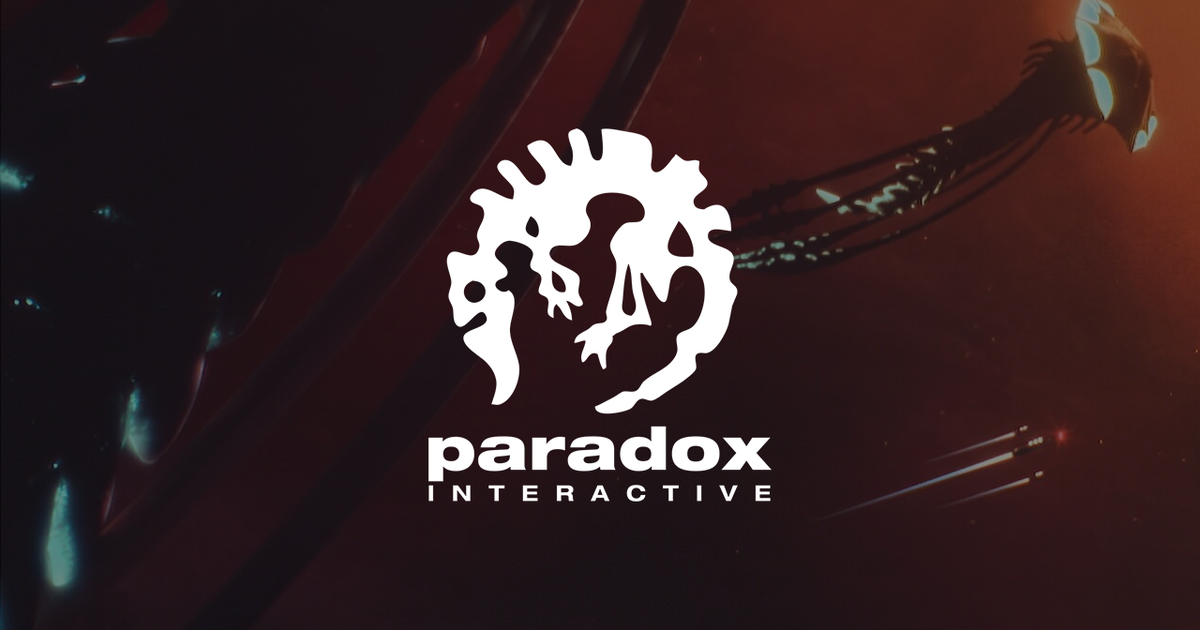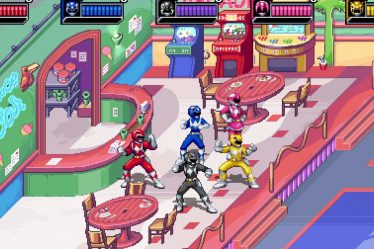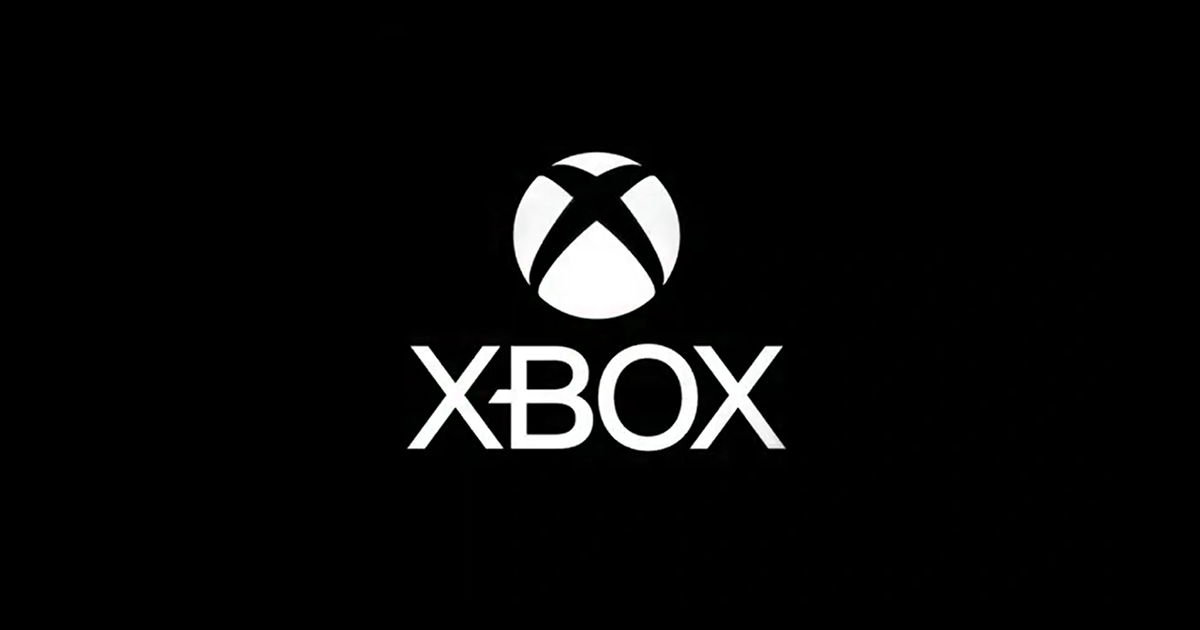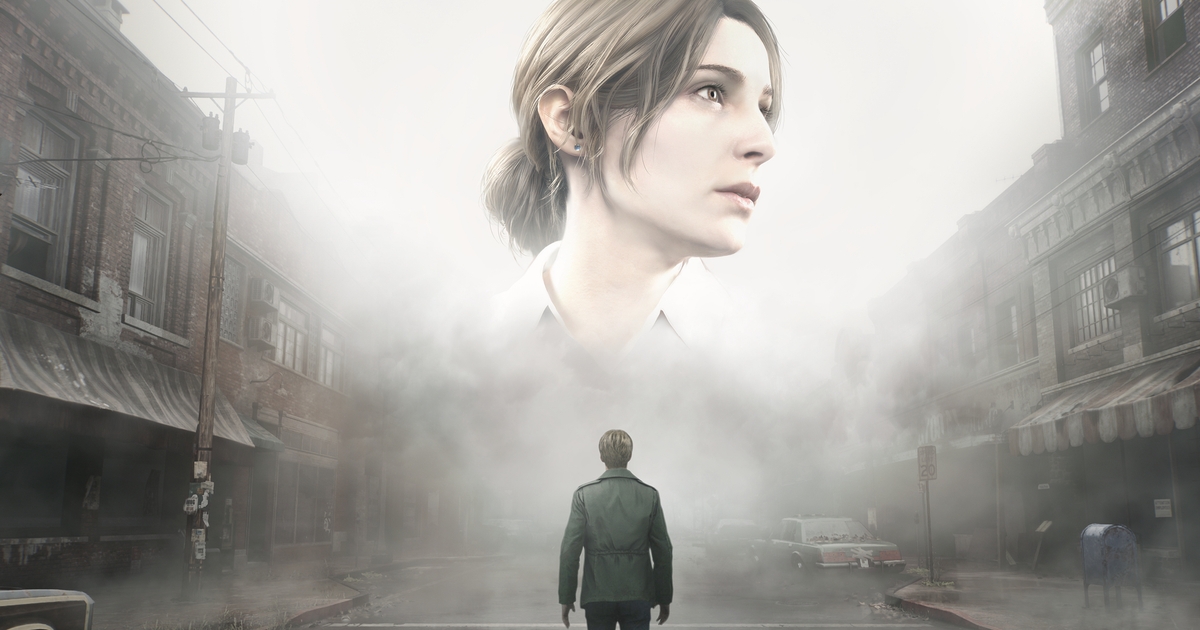
Paradox Interactive deputy CEO Mattias Lilja feels the publisher’s recent struggles are the result of overconfidence and claims the company needs to return to its roots.
The Swedish company has made a number of high-profile missteps over the past year. In June, Paradox scrapped Life by You and shuttered developer Paradox Tectonic, resulting in a write down of roughly $20 million.
Prior to that, it said The Lamplighters League failed to meet sales expectations and parted ways with developer Harebrained Schemes shortly after launch. Highly anticipated sequel Cities Skylines II also floundered at launch due to a number of performance issues that left players reeling. Paradox’s attempts to rehabilitate the title alongside developer Colossal Order also proved challenging.
Speaking to Game Developer about how Paradox intends to course correct and why its production efforts have stalled, deputy CEO Mattias Lilja and chief creative officer Henrik Fåhraeuz say the company perhaps took too many risks after becoming a victim of its own success.
“We had a period a couple of years ago where we invested a lot of money—and quite a lot of it into [projects] we were not very used to doing,” says Lilja when asked where it all started going wrong. “We had this idea that we could go fairly big early on and still be successful. I think we’ve been proven wrong on several of those counts.”
Lilja feels Paradox was bitten by the “curse of success,” which resulted in the studio taking risks on projects well outside of its comfort zone.
“I think in some sense we grew fast because we were successful and we wanted to try things. We wanted to experiment and we had cash on hand. We were probably a bit undisciplined in some of our decisions early on, especially in trusting that a larger team would mean less risk […] rather than realizing that it’s the opposite. Smaller teams are better.”
He claims there wasn’t a sense of “pressure” surrounding those moves because Paradox hadn’t borrowed money to finance its projects. “We ran with good profits,” adds Lilja, before acknowledging that enabled the company to take some “unnecessary risks.”
Paradox says Life by You was scrapped because it wouldn’t have dethroned The Sims 4
When those risks didn’t pay off, Paradox began making cuts. As we mentioned earlier, ambitious life simulator Life by You and developer Paradox Tectonic were placed on the chopping block in June, but Lilja reiterates the decision to torch both project and studio wasn’t made lightly.
Expanding on why the project was kicked to the curb, Paradox chief creative officer Henrik Fåhraeuz explains “key issues” started to rear their head early on.
The company wasn’t impressed with how the project looked, and felt graphical improvements were an absolute must. Fåhraeuz recalls thinking “we can’t release with characters looking like this” when seeing an early iteration of Life by You, but that wasn’t the only area of concern.
“There were a lot of other issues identified,” he says, noting how gameplay also lacked flavor, “but we tended to look at each issue and how much progress had been made in that [specific] area, so I think we got blind to the big picture in terms of what the gameplay was like really and how it would stand up to [competitors] like The Sims 4″
Fåhraeuz says Paradox asked itself whether The Sims 4 players would be “satisfied” with any of the features in Life by You. The brutal answer was ‘no.’
“It didn’t shine in any particular area. It wasn’t really better than The Sims 4 in any way. You can talk about customization options and so on, which are great, but they’re not really gameplay. Even though it was planned to be an early access game—I think with early access you need to release something that is actually very, very fun and quite polished,” he adds.
“It can be thin in terms of content and late game options, but it needs to be really fun to begin with and we were far from that point unfortunately.” Lilja agrees there were “many issues” with the project, and notes Paradox conducted extensive peer reviews with subject matter experts before eventually pulling the plug.
As for those titles Paradox did bring to market, Lilja explains The Lamplighters League was met with positive reviews but struggled to “meet a player fantasy” in order to keep them engaged. He adds that developer Harebrained Schemes wanted to continue making similar titles, while Paradox had no intention of doubling down. As a result, he says it was “logical” for the two to part ways.
Weighing in on the contentious launch of Cities Skylines II, Lilja concedes the project “had issues that should not have been in the game at release.” The current plan is to avoid commercializing the title while Colossal Order stabilizes the project.
He feels the game is in a “pretty good place” at the moment, but says the dev team are treading carefully when it comes to rolling out updates. Why, though, did Paradox and Colossal Order release such a high-profile project before it was ready? Lilja says both companies had agreed it was time to launch—but only if they emphasized players would need to meet high system requirements. That was a mistake.
“What we missed—which is absolutely on our end as publishers—is there were certain combinations of higher-level performance hardware that did not work [with the game]. That’s really bad,” says Lilja.
“I think Henrik can probably talk about the value of player feedback and going to market as early as you can, because a game is a painting in a sense. When is the painting done? Well, when you stop painting it—and you get feedback on it.
“The game needs to be good enough. The key features need to be good enough. Then we can work on the game for a long time. We misunderstood that by quite a wide margin on Cities Skylines II. Fortunately, now we’re trying to work with the fans to fix it. I would also argue that since [the project] is closer to our core, as a failure, it wasn’t catastrophic. I’m not saying it didn’t have problems. Im saying we’re in a position where we can fix it.”
Fåhraeuz states Paradox is in the habit of making games for the “long haul,” which is perhaps why some of the studio’s recent fumbles have surprised onlookers. He states that developing video games with longevity in mind requires deep collaboration with players, and says Paradox will be looking to start those conversations much earlier as it moves forward.
“The trick is to bring players in earlier, perhaps even before release,” he says. “We do that a lot with our DLCs and major patches, because you can have an open beta branch on Steam. We used to be quite good at it actually, because we used to run huge closed beta testa and had dedicated fans coming in much earlier. Somehow we haven’t done this correctly recently, and we need to get back to bring really good at that.”
Smaller titles and extensive prototyping will be key to Paradox rebuild
Fåhraeuz says those costly slip-ups are the result of Paradox losing its “knowledge share.” He also believes the company needs to get much better at prototyping projects. “Pre-production needs to be longer and better executed, honestly, because it’s much better to fail early than late,” adds Fåhraeuz. “In terms of the teams, they’ll probably survive such a scenario because they can move on to another idea instead.”
Lilja feels the company’s predicament is also the result of “overconfidence,” and wonders if Paradox has forgotten “what is really hard [about making games]” after years of success. Both agree a reset is needed.
Paradox now intends to focus on smaller projects that fit nearly into its portfolio. “[We’ll be] starting smaller, investing not as much,” says Lilja. “If there are a lot of people on [a project] it’s hard to move them. A large team is probably not the most efficient if you have issues with the core of a game. It’s hard to move them.
“So, starting small so you don’t have so much of an impact when you realize that you’re heading in the wrong direction. You also have time to review [those projects], so that’s what we’re trying to do now.”
By pursuing projects that are more familiar, Lilja believes Paradox will be able to more effectively predict how they’ll shape up. He notes there will still be room for Paradox to take some risks through its Paradox Arc publishing label, but reiterates those more left field pursuits will still prioritize smaller teams and low budgets.
“That’s a much better way of doing it, rather than trying to build a big team and then realizing quite late that we’re actually lost. Then we have few options left—which is horrible for teams and studios,” says Lilja.
“That’s what I mean when I say go back to the core. Stay more where we are competent. Start small. Build from there. That’s sort of the lesson here. It sounds obvious when you say it, but we weren’t in that headspace a couple of years ago.”
For Lilja, it’s about approaching production with a sense of calm and patience. He notes that Paradox will now very likely only pursue larger projects if they’re “fairly close” to the studio’s core competencies. It will also lean more heavily on peer reviews and user research in a bid to tip the scales of success in its favor.
He says Paradox is still intent on becoming the “world’s best publisher and developer of strategic simulations.” Only time will tell if the company can turn that vision into reality.



